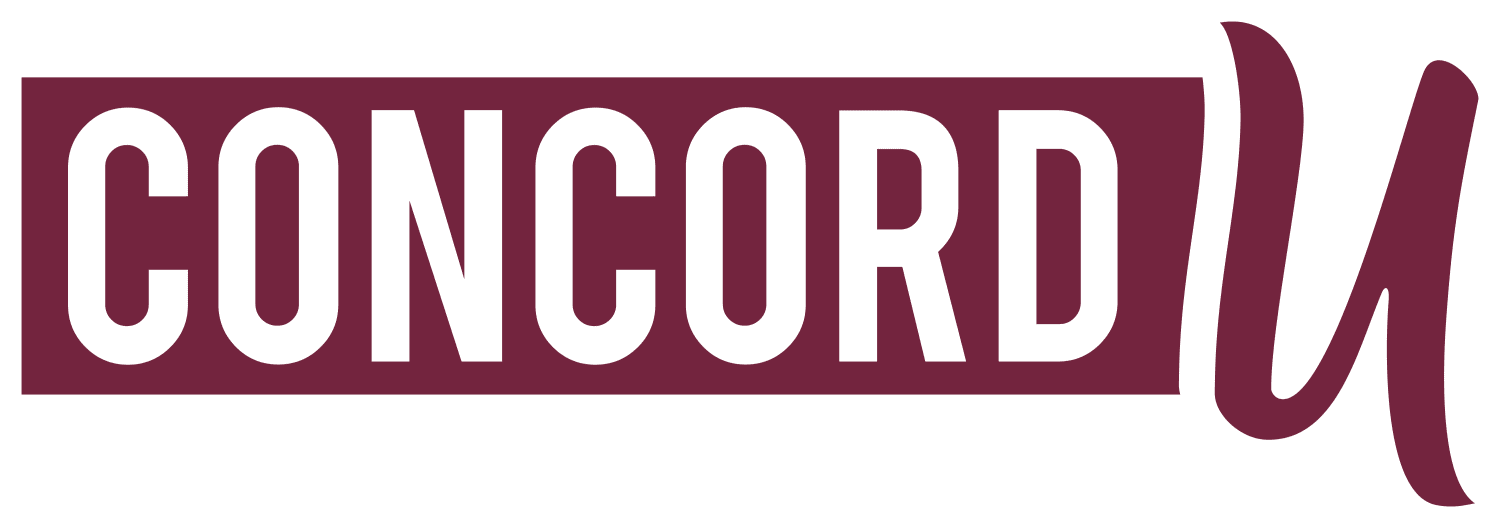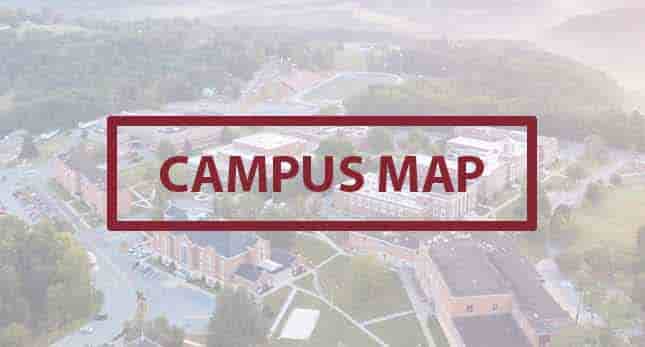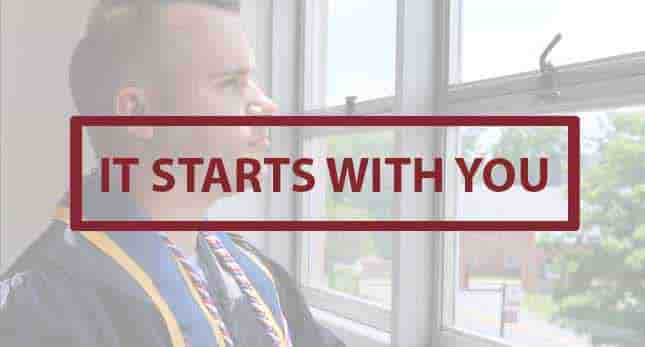The CU in Schools Scholarship is a scholarship for MSW students who want to become school social workers. This scholarship is made possible through funding from the US Department of Education. The intention of this scholarship is to help meet West Virginia’s need for school social workers. Our program focuses attention on the specific needs of students, families, and school systems in rural communities and gives students opportunities to learn knowledge, skills, and values that rural school social workers need to succeed in the field. This opportunity requires an additional application and interview process. Students are eligible to apply for this scholarship during the first semester of their advanced standing curriculum. After the first semester of their advanced standing year, CU in Schools Scholars will transition to a part-time progression. CU in Schools has a specific course progression, electives for the scholarship are: Rural School Social Work, Rural Child Welfare, and Psychopathology. CU in Schools Scholars are expected to complete their advanced-level field placement in a high-need school in WV. 50 of West Virginia’s 55 counties meet the criteria to be considered high-need. In the remaining five counties, at least 50% of schools are “high-need.” The CU in Schools Liaison will be the person responsible for pairing students with high-need schools and developing the appropriate support to help create a successful field placement experience for CU in Schools Scholars. Scholarship recipients receive the following benefits:CU In Schools Scholarship
What is CU in Schools?
CU in Schools ScholarshipVanessa Howell2024-12-03T10:11:15-05:00



